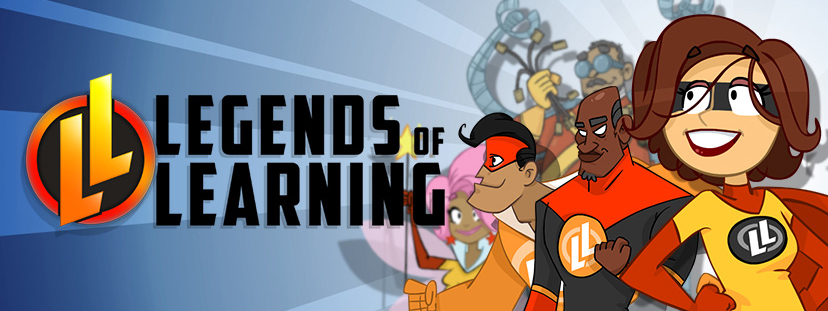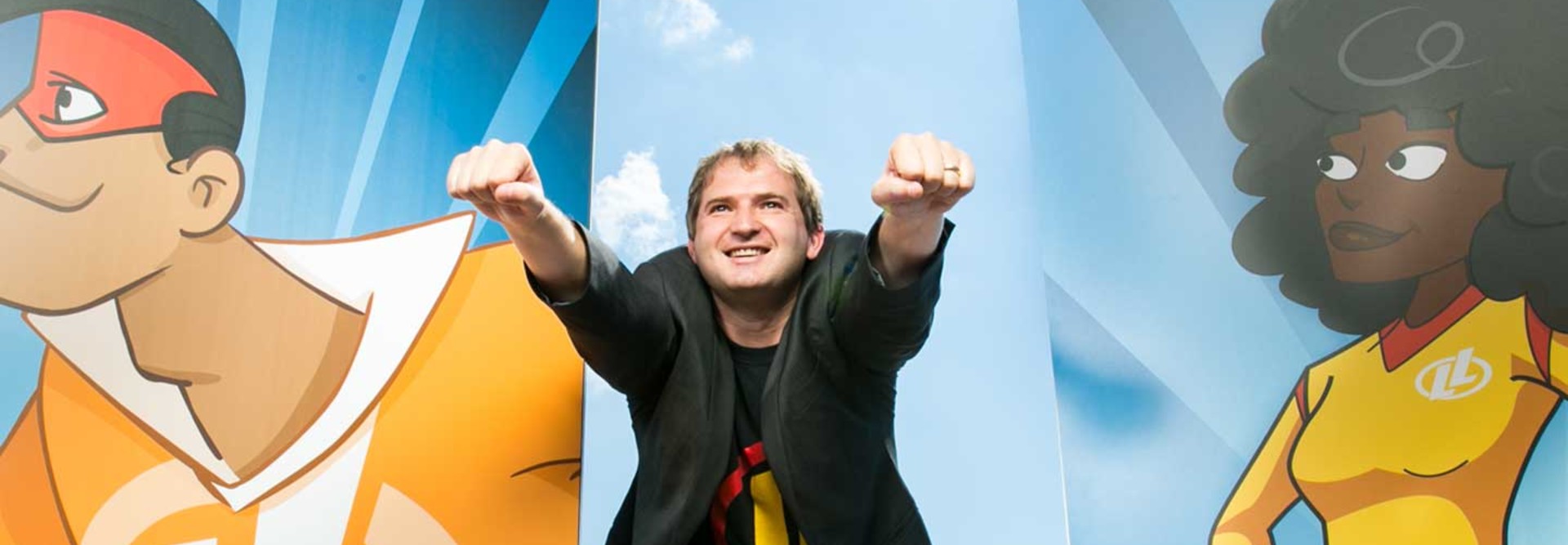Q&A: Vadim Polikov’s Startup Brings Game-Based Learning to Science Class
When it comes to learning about gravity or photosynthesis, middle schoolers might have a hard time grasping the concept just from pictures in a text book.
Inspired by the fact that 97 percent of teenagers are playing video games, Vadim Polikov and his partners sought to launch Legends of Learning, a web-based library of curriculum-aligned games — ranging from five to 20 minutes in length — for middle-school science students that can be used on any classroom device.
But rather than launch as soon as he had the idea, Polikov first made sure the games were effective through a research partnership with Vanderbilt University.
EdTech sat down with Polikov before Legends of Learning’s recent launch to discuss his inspiration and the efficacy of using video games to learn.
EDTECH: What inspired you to create Legends of Learning?
POLIKOV: I’ve been an entrepreneur in the past, and most businesses start from frustration. My frustration was that students are still using the same kinds of materials in schools today that I used when I was a student in public school. Obviously, we live in a totally new world than when I was in school. I thought there must be a better way.
Everyone around me was playing games on their phones. So clearly game developers have figured something out about human psychology. So wouldn’t it be great if you could combine that insight into human psychology that game developers have into the instruction that students are currently getting?
I remember growing up playing games like Civilization, Oregon Trail and Sim City. To this day, I don’t remember what I learned in eighth-grade history, but I am a history buff because I played Civilization.
My co-founders and I looked at what was out there, and we realized there weren’t a lot of tools available for teachers to do this in an easy way.

EDTECH: Why was it so important for you to test the efficacy of these games before your launch?
POLIKOV: My background is as a research scientist. We spent the last two years talking to a lot of people in the education space to make sure we were aligning to standards. But the big question I needed answered was: Does this approach work? The way you can answer that is to run a controlled study where you give students your intervention and compare them to the closest matched control students.
So, I worked with a researcher at Vanderbilt University’s education school who is an expert on game-based learning. We recruited teachers across seven states and ended up with about 1,000 students. It was a three-week unit in an eighth-grade class with one section getting the games for a significant amount of time, and the other section got regular instruction from that same teacher. At the end, everyone took the same test.
EDTECH: What were the results?
POLIKOV: Qualitatively, we found out that the students loved the games, which we expected. But, the teachers also loved the games for two big reasons. They loved the increase in engagement they saw from the classes with the games. They also found it easy to incorporate the games into their curriculum because these are not random games, they are tailored specifically to the content being taught that day.
On the quantitative side, we found that the students who played the games outperformed their peers on the test to a statistically significant degree.
EDTECH: Why do these games lend themselves so well to science?
POLIKOV: There are certain topics that can only be taught in an interactive way. In one of our games, you’re piloting a spaceship in the solar system and you’re trying to collect coins as you go. The challenge is that the planets have gravity, and the larger the planet the more gravity it has and the more you get pulled in to it. As a teacher, I can talk about gravity all day long, but if the students play the game and experience it, they understand it. Science lends itself well to games and simulations.
EDTECH: Do you plan to expand to other topics?
POLIKOV: We think any subject can benefit from this approach, and we do plan to expand beyond science in the coming years. I’m also committed to continuing the focus on research, so we are performing another study in the next few months. This time we are working with researchers from Vanderbilt and the University of Wisconsin-Madison to basically redo the original study with more students, more schools, and more time in the study.









